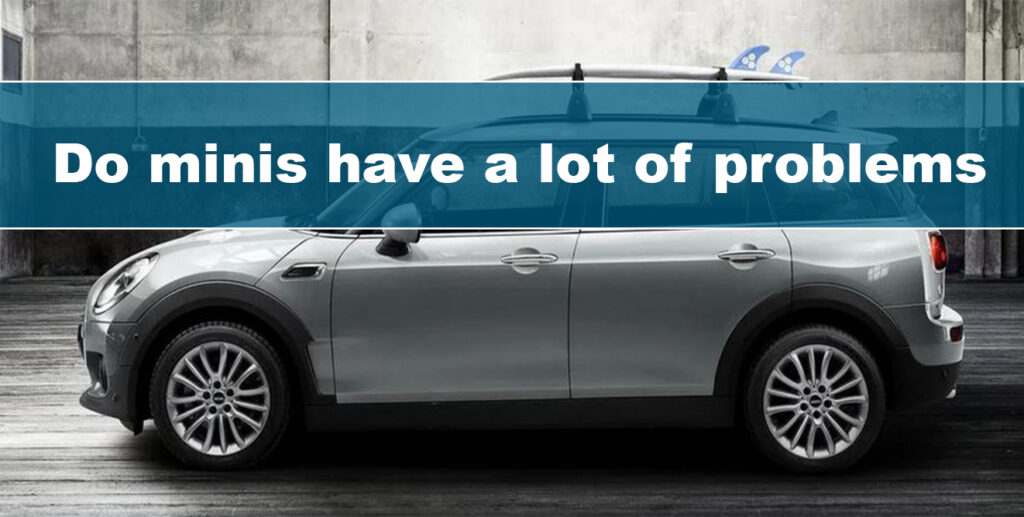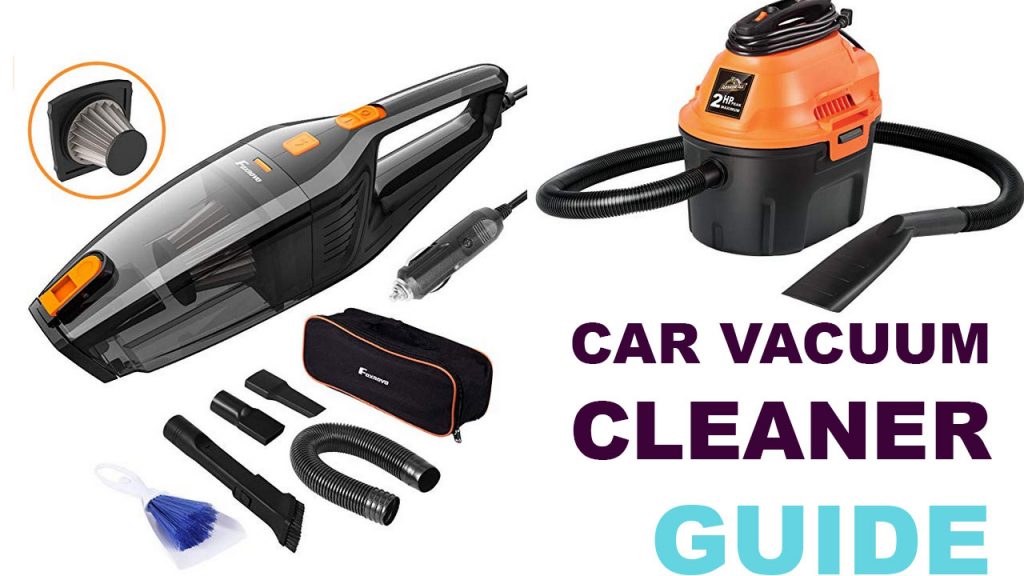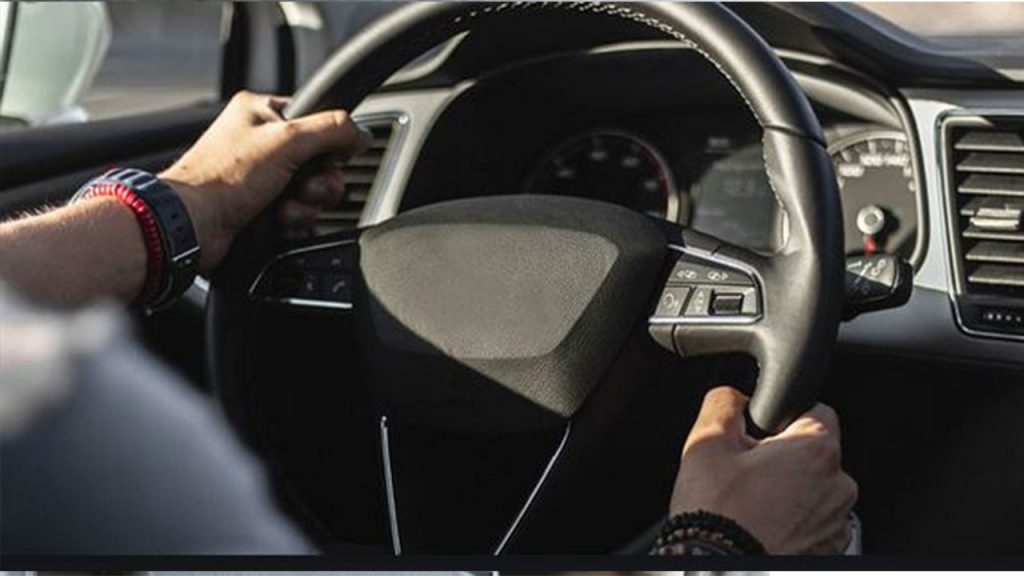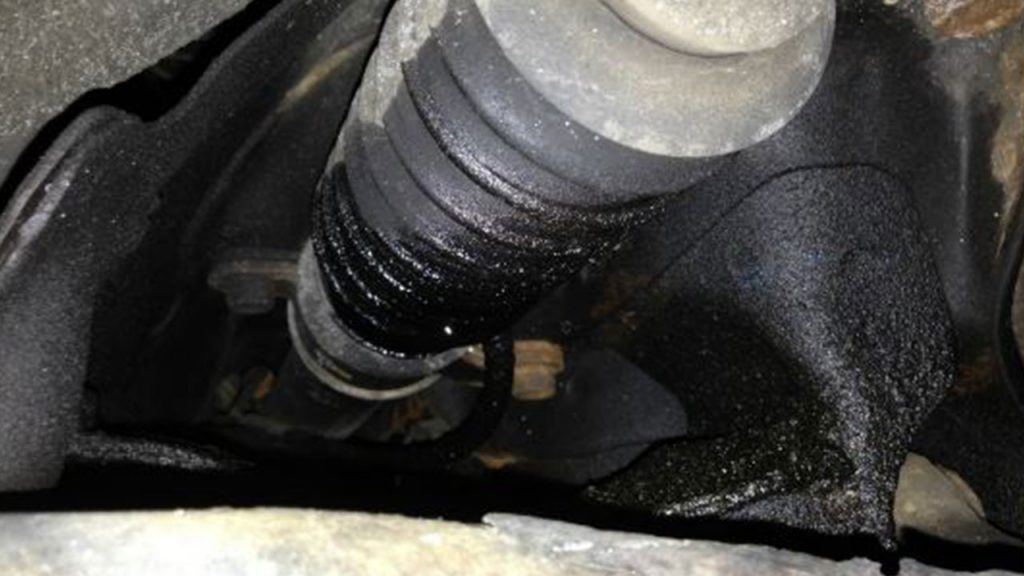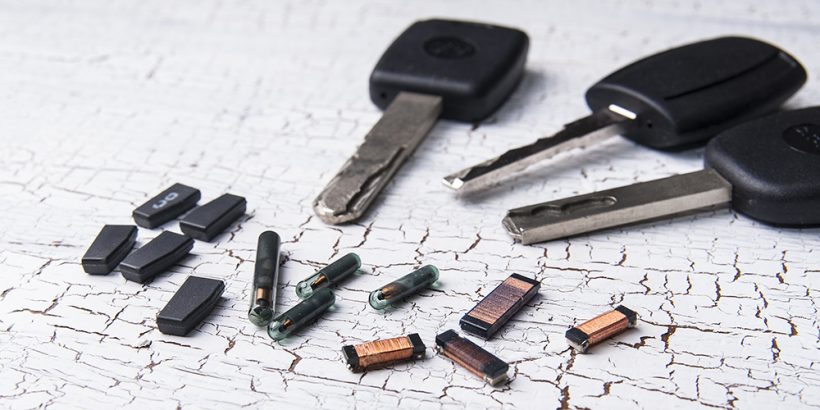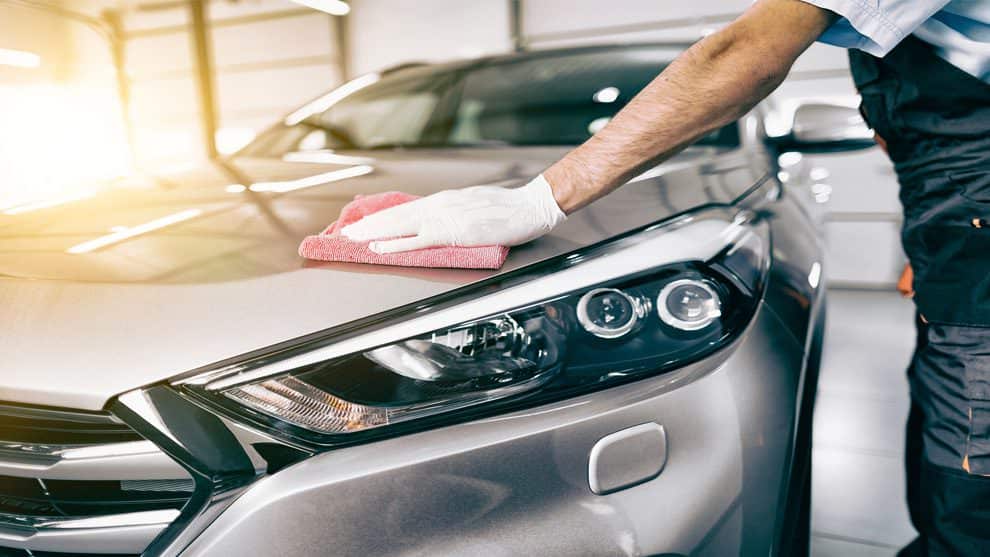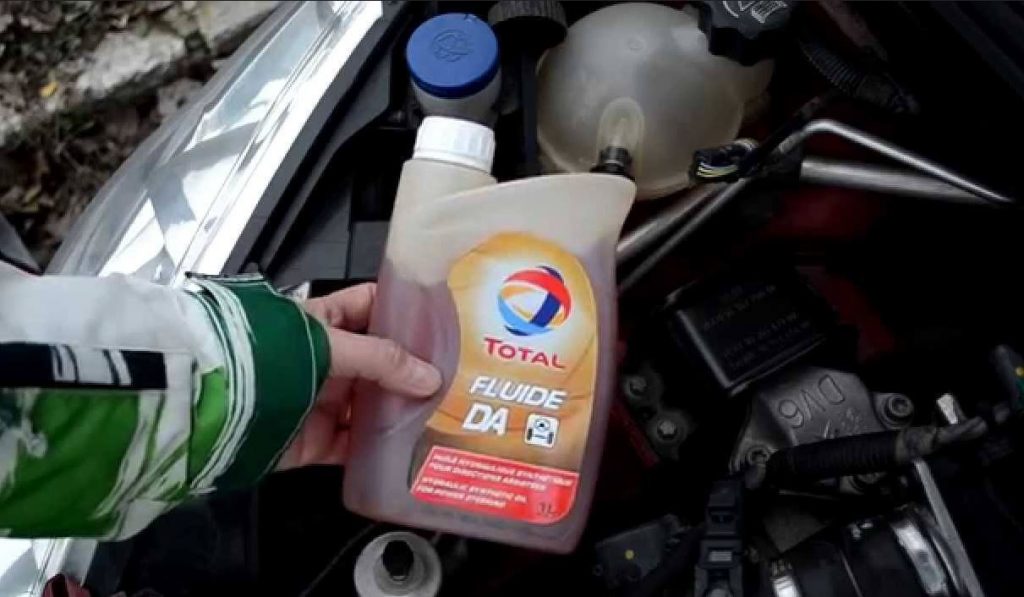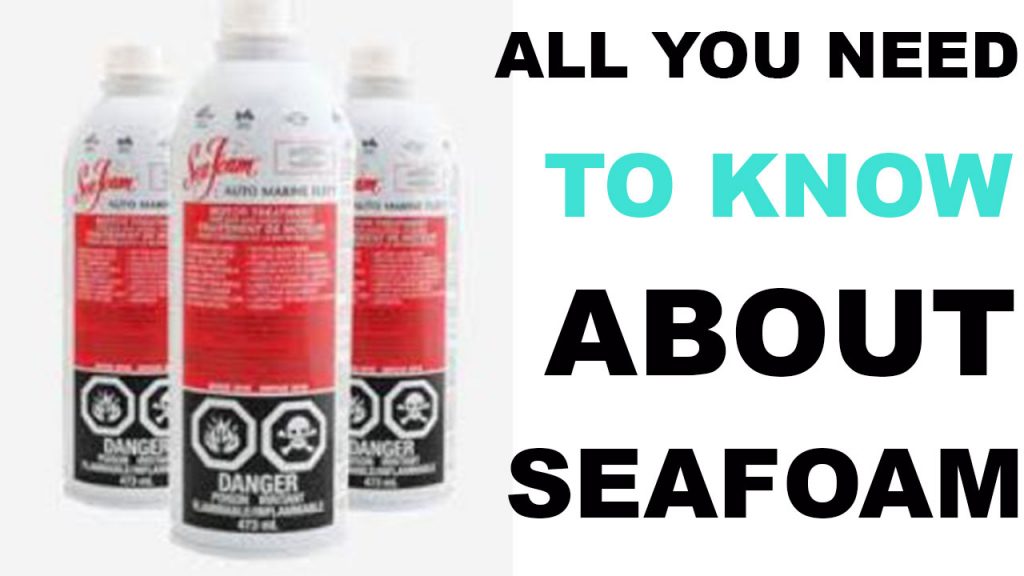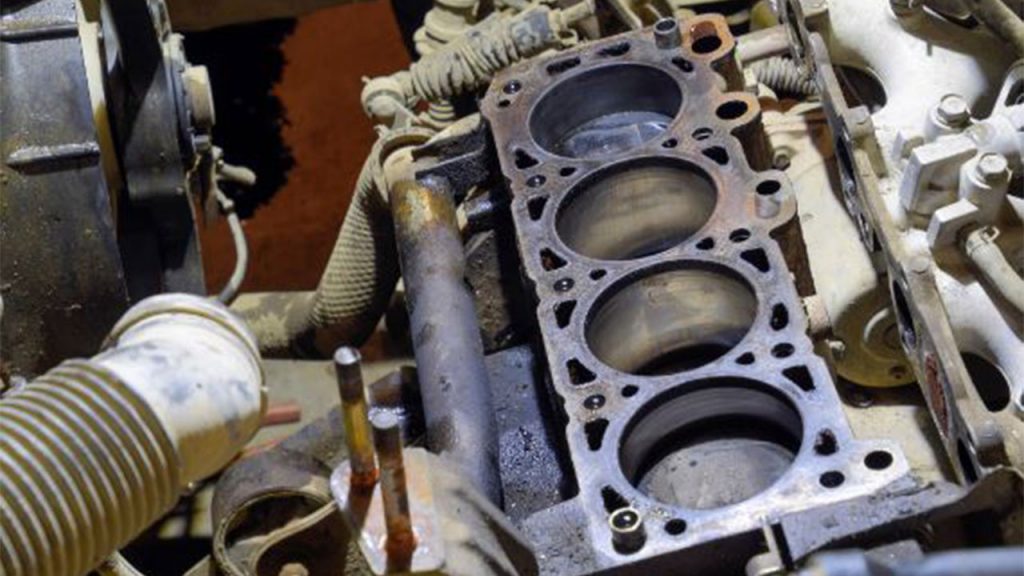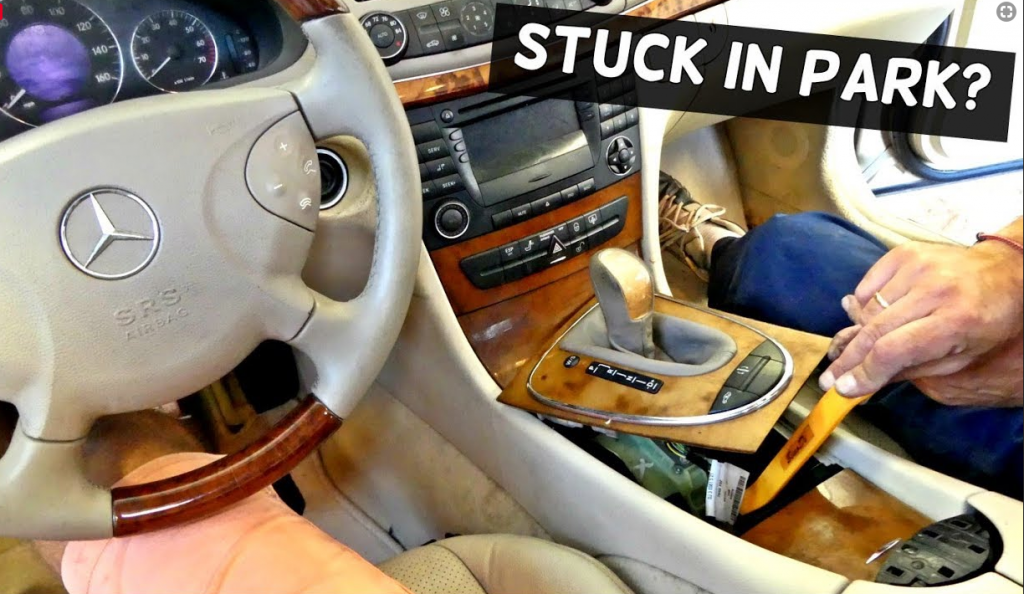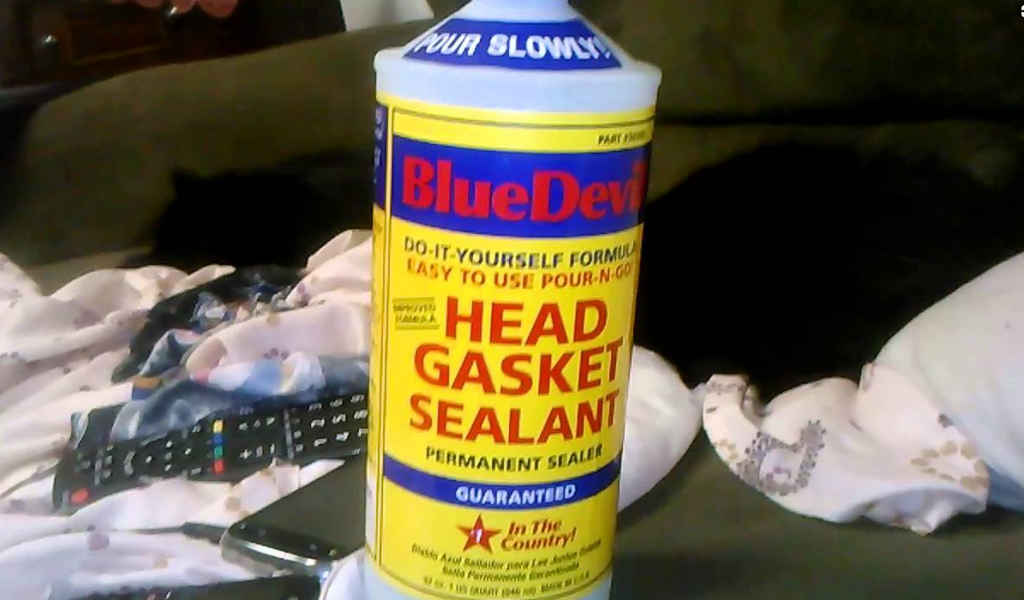Last updated on July 20th, 2023 at 04:59 pm
In case Mini Cooper has always been on your mind, then know that you’re not alone and this is the reason I thought of addressing some of the questions around mini cooper like:
is a mini cooper a good first car, what year Mini Cooper should be avoided, how many miles will a Mini Cooper last, do minis have a lot of problems, are Mini Coopers good high mileage cars, what does the S stand for in a Mini Cooper and finally what is the best year of mini cooper to buy?
If the truth is told, I will say the Mini copper model has continued to impress people with its economic size, super-quick dynamics and stylish personality.
For over 30 years, the Mini Cooper has also been a reliable car and has been adaptable due to consumer preferences.
However, before anyone buys this car, there are a few models you have to avoid. Today’s article tells you everything you need to know.
Related Articel:5 Best Radiator For Classic Mini (Classic Mini Fletcher Radiator Review)
Is a mini cooper a good first car
Overall mini cooper vehicles are great first car and I can confidently say that they are safe, clean, has an affordable insurance policy and finally has high resale or second-hand value. Though I must say that he has a high fuel cost however the owners of mini cooper tends to benefit from the mileage of the vehicle and the easily customizable interior and exterior/ body of the car which makes it a classy and fun car to have.
How Many Miles Will A Mini Cooper Last?
On average I will say mini cooper cars can last 80 to 250kmiles depending on the usage and maintenance culture of the owner.
I have a friend who got a mini cooper that was at 150, 000 miles last year and to date, he still loves and uses this car for virtually everything whereas I had mini owners who started having issues with cars at about 90, 000 miles.
But to fully understand this, I will that the miles a cooper will last totally depends on a lot of factors…
First: which Mini or MINI you are looking?
Note that the Mini (Cap ‘M’, small ‘ini’) happens to be the classic car. These models are generally older and their mileage tends not to matter.
Make sure you have your mechanic who knows these cars and knows what to look for to check any potential issues before buying.
MINI (all caps), which is owned by BMW:
The R50/53: the 2002 to 2006 generation.
This is a modern car which always has some problems around 80-100k miles… this happens especially if it is the non-S model with an auto transmission. However, a modern car average is about 10-12k miles per year.
The R56: 2007 to 2014:
This is a bit softer car and a bit more dependable and reliable. Although it’s not as much fun as the R53. It has about 12k miles per year on average and can go way up to 15k miles per year.
Do Minis Have A Lot Of Problems?
My take on this is on a general note is no, mini coopers car do not have a lot of problems in fact, the MINI Cooper happens to be a fairly reliable vehicle, but it does have some common issues for specific years which listed below for you to avoid.
One of the things I love about mini coopers vehicles is that they don’t always need an oil change or any maintenance to be done every few months like other cars. It is possible to go drive Mini cooper for up to two years before having the car checked or going for routine maintenance.
Having a standard three-year warranty on it, you can take it to any MINI dealership for its first maintenance.
But it’s advisable to get your oil changed sooner so that it can have clean oil always. Below are some problems that can be seen frequently.
#1. Clutch Failure:
Here’s a common problem that’s fairly with first and second-generation MINI Coopers. However, it is usually caused by hard driving, and it could occur as early as under 20,000 miles.
#2. Transmission Failure:
MINI first-generation cars were notorious for having an automatic transmission that would routinely fail.
The BMW Company was forced to offer a warranty due to a lawsuit specifically for the transmission. Its coverage was for 150,000 miles or eight years, whichever came first.
#3. Water Pump and Thermostat Housing Leak:
MINIs first two generations had common issues with its water pump leaking. Sometimes you have to replace them at over 50,000 miles.
Their thermostat housing which is in the second generation models of cars were made of plastic. So due to this, it will naturally break down over time.
#4. Radiator Support Problems:
It has radiator support issues since they are made of plastic and are located in a low spot right in the front of the car. This made it very delicate and can be damaged especially when you hit a low curb when parking.
#5. Electric Power Steering Pump Problems:
Failure of it electric power steering pumps was inevitable, enough so that BMW ordered a recall.
However, one of the main causes of the problem was either the malfunction of its electric cooling fan or it having low power steering fluid.
Are Mini Coopers Good High Mileage Cars
Yes, the Mini Cooper happens to be a good subcompact car with a reasonably good high mileage of around 80 to 250K miles if well maintained. This extraordinary car comes in three body styles which are:
- Two
- Four-door Mini Hardtop
- The Mini Convertible
All three body styles are fun to drive, thanks to their punchy engines and adept handling.
Their cabins are handsome and stylish, while their tech features are easy to use.
What Does The S Stand For In A Mini Cooper?
The truth is that I don’t think the S stands for anything notable or at least they have various opinions as to what it means.
However, the Mini Cooper S happened to be the up-rated and tuned version of the Mini. Note that it carries a certain mystique, which was later carried over to the MINI.
Note that the S doesn’t stand for supercharged as people think, though I have seen a lot saying it stands for super.
The MINIs have a good heritage as a superbly capable car for commuting as it does in their higher versions.
The MINIs are about fun, and engaged motoring. However, a MINI remains a Mini, and in this world, speeding your car is not the primary factor.
Here are slight differences between the Mini Cooper and the Mini Cooper S
The MINI Cooper is equipped with a 1.5 L 3-cylinder TwinPower Turbocharged 134 horsepower, and while the MINI Cooper S happens to include a 2.0 L 4-cylinder TwinPower Turbo engine with 189 horsepower.
But despite this extra power, the MINI Cooper S is still expected to obtain 33mpg on the highway.
What Year Mini Cooper Should Be Avoided
The good years of mini cooper vehicles started from 2005 – 2006 which happens to be the Mini cooper sweet spot where most of the early issues mini has were addressed and worked out making it a little more reliable car in the end. They go with a 6 speed (S, R53) or 5 Speed (base, R50), so you should avoid the ones that are heavily mudded can be slightly dangerous.
The Mini Cooper years you should avoid are as follows:
- 2014 Fiat 500L
- 2006 Mini Cooper
- 2003 Mazda 6
- 2000 VW Jetta
- 1992 Pontiac Bonneville
- 1990 Ford Probe
- 1986 Dodge Charger
What is the best year of mini cooper to buy
If you are looking to buy a used mini cooper car then here’s the best year of Mini Cooper you can buy and you can also watch the video above for more details.
After having it major redesign, the Mini Cooper has been improved on its problematic areas.
The CR has given the Mini above-average reliability scores after its 2015 models.
So after CR’s recent studies, I’ll recommend you to get the Mini’s 2015-2019 model years as they are the best used mini coopers cars to buy with fewer complaints and issues.
Concluding on what year Mini Cooper should be avoided
Just as said, the Mini Cooper’s quality has undergone improvement over the years, they’re highly reliable now. I hope this post where I try to answer your question what is the best year of mini cooper to buy if minis have a lot of problems, what the S stand for in a Mini Cooper and how many miles will a Mini Cooper last etc. was helpful?
Purchasing a used Mini is a good idea, but make sure that the model you’re buying has undergone routine maintenance or is well maintained by the formal owner.

